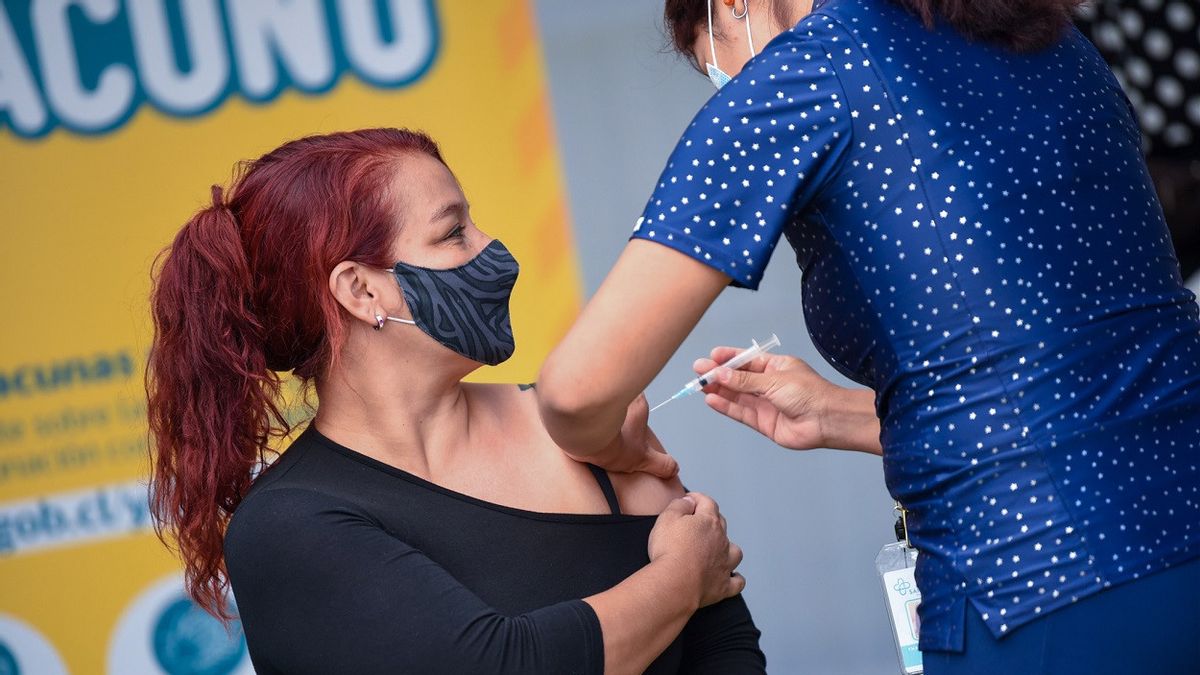
JAKARTA - The fourth dose of a COVID-19 vaccine given to people over the age of 60 makes them three times more resistant to serious illness than people vaccinated three times in the same age group, an Israeli authority said on Sunday.
Israel began offering the fourth dose of the Pfizer/BioNtech vaccine to people over 60 earlier this month, as the Omicron variant of COVID-19 spread rapidly in the country.
"The fourth or second booster dose makes people over the age of 60 twice as resistant to infection as those in the age group who received three vaccine shots," the Ministry of Health said.
As elsewhere, Israel has seen COVID-19 cases increase due to the Omicron variant. But there were no deaths from the variant.
The ministry said on Sunday the research was carried out with several major Israeli universities and the Sheba center compared. 400,000 people over 60 years received the second booster with 600,000 people in the age group who were given the third injection more than four months ago.
As previously reported, a preliminary study published by Israel's Sheba medical center last Monday found that a fourth dose boosted antibodies to higher levels than a third, but 'probably' not to the point that it could completely fend off the highly contagious variant of Omicron.
The Sheba Israel Medical Center has administered a second booster shot in a trial among its staff, studying the effects of the Pfizer booster on 154 people after two weeks, as well as the Moderna booster on 120 people after one week, said Gili Regev-Ychay, director of the Infectious Diseases Unit.
This was compared with a control group that did not receive the fourth dose. Those in the Moderna group had previously received three injections of the Pfizer vaccine, the hospital said.
SEE ALSO:
Regev-Yochay said the vaccine caused an increase in antibody counts, "even slightly higher than what we had after the third dose."
"However, this may not be enough to deal with the Omicron variant. We know now, that the antibody level required to protect against and not become infected from the Omicron variant may be too high for a vaccine, even though it is a good vaccine," he explained.
However, the findings, which the hospital says are a world first, are preliminary and have not been published.
The English, Chinese, Japanese, Arabic, and French versions are automatically generated by the AI. So there may still be inaccuracies in translating, please always see Indonesian as our main language. (system supported by DigitalSiber.id)
















